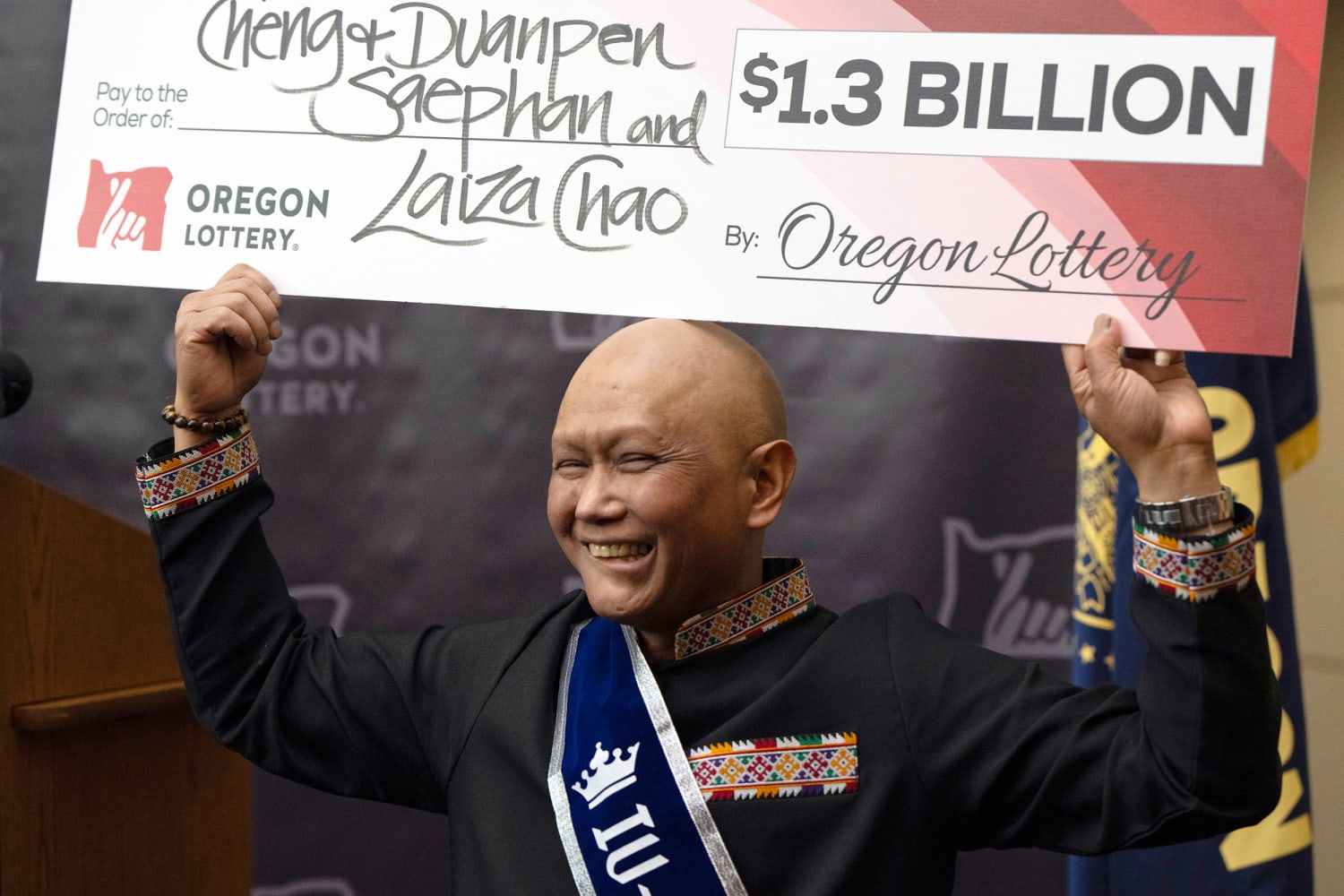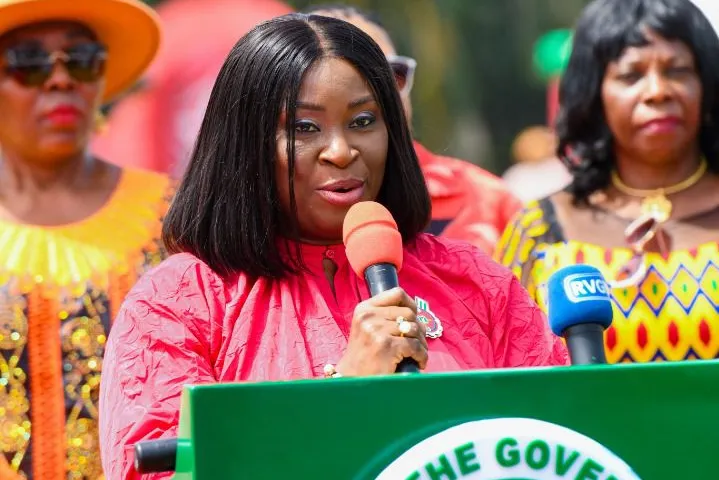
CHAIRMAN of the Federal Civil Service Commission (FCSC), Prof. Tunji Olaopa, yesterday, urged public administrators to brace up for challenges of future civil service.
He spoke in Katsina at the 43th Annual Conference of the Council of the Civil Service Commissions of the Federation, holding from yesterday to Thursday .
According to Olaopa, it is only through a deliberate preparation by public administrators that they can guarantee the relevance of civil service and contribute effectively to their governments.
He was hopeful that his keynote address would challenge stakeholders to leave with a “Katsina Declaration that would serve as their commitment to rethink and deepen our gate-keeping responsibility to transform our commissions as game-changers, committed to a renewed governance partnership with our governments through the reinstitution of competency-based meritocratic practices in the bid to re-professionalise the civil service in Nigeria so they are capability-ready, performance-oriented, digitally-enabled, accountable and value-driven institutions, poised to create in the shortest time possible, a new generation of public managers with redoubled commitment to Nigeria’s transformation journey.”
Tasking public administrators such as leaders of civil service commissions on how well they have prepared for the challenges of the future, the FCSC boss queried: “How far are we taking advantage of technology to modernise our commissions’ operations and the discharge of their core functions? And if the digital penetrations in our operations have not been significant, is it that not a measure of our non-commitment to purpose, given the speed at which technology and artificial intelligence (AI) are reshaping the world of work, especially as became more pronounced and defining after COVID-19 pandemic and its new normal?”
Olaopa added: “How are we preparing, intellectually, and for all practical purposes, our civil services’ institutional capability readiness (from the angle of the commissions) to contend with the work culture and associated sociology that the Millennial, the Gen Z and Gen Alpha will bring to the civil service world of work as it is already manifesting presently, especially given the inclinations and associated standard deviations, that will sure be disruptive to the civil service in a paradigm shifting proportion?.
“In other words, how fast are we catching up, even if only at the level of knowledge formation and strategic anticipation, to prepare our civil services to embrace such practices as the flexible employment policies and contracts, and related new HR inescapable new methods?
“Overall, how far are we creating learning events and conversations which prepare us to confront the questions with regard to the changes we need to implement in our different commissions in order to restore our governments as employers of choice, while at once insulating our civil services from entry of rogues intent on taking advantage of systems’ many weaknesses to continue to perpetuate criminality and the worst forms of bureaucratic corruption?”
Earlier, Olaopa asked public administrators if they were keeping faith with the founding mandate and first principle as CSCs in Nigeria, going by the conceptualisation of CSC at birth in 1855 in Britain.
He recalled that before the birth of the CSC in 1855, appointments and recruitments to public institutions not just in Britain, but all around the then world, were done through a system of patronage that was ridden by politics, and therefore lacking objective and merit-based parameters.
Olaopa noted that in institutionalising the merit system, the British did not end it at the level of the CSC’s operations, it elevated its elite institutions like Oxford and Cambridge, and their degrees, as well as the politics, philosophy and economics ( PPE) Master’s programme, as preferred qualification for preparing students for a career in the public service.






